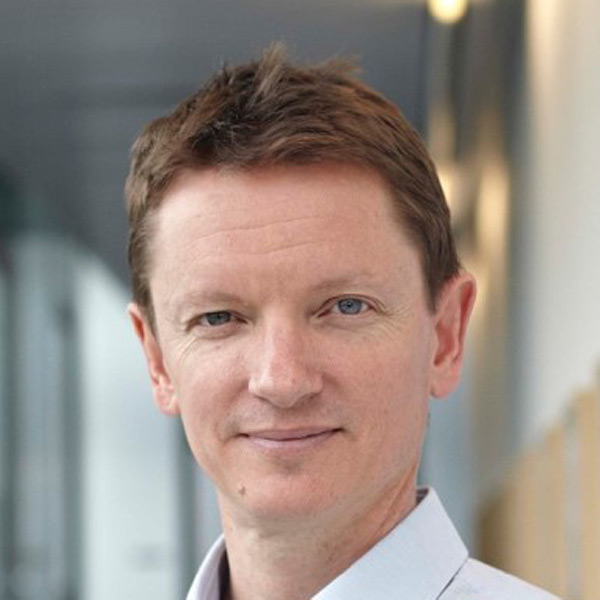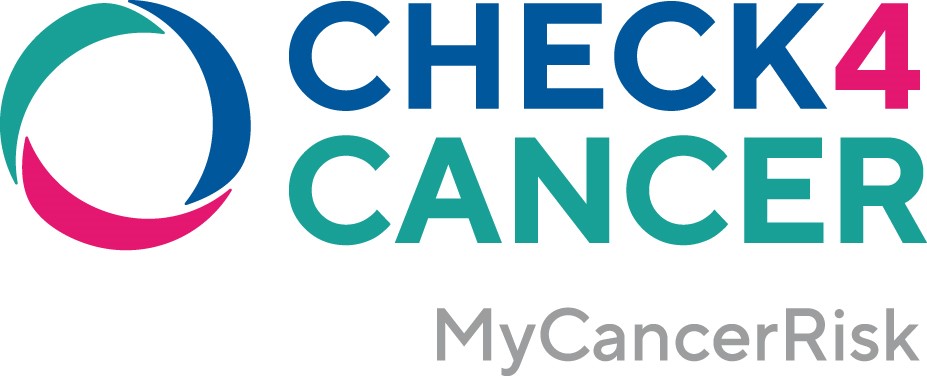Ask the Expert: Lung Cancer
Professor Sam Janes answers some of the most pressing questions around lung cancer in the third of our ‘Ask the Expert’ blog series. Professor Sam Janes is Clinical Advisor for Lung Cancer for Check4Cancer and is Professor of Respiratory Medicine at University College London (UCL) and Director of Respiratory Research at UCL.
Keep an eye out for the rest of our ‘Ask the Expert’ series to hear directly from leading clinical experts and find out answers to some of the most asked cancer questions.
Who is most at risk of lung cancer and what are the risk factors?
Lung cancer is still the biggest cancer killer of men and women in the UK. 85% of cases are related to smoking; sadly, almost half of these occur in people that have stopped smoking. Other lung cancer risk factors include exposure to asbestos, radiation exposure and diesel fumes.
What can people do to reduce their risk of developing lung cancer?
The single most important thing you can do to reduce your chances of lung cancer is to not smoke. Smoking cessation is extremely effective in decreasing the risk of lung cancer. After ten years of quitting, the risk of lung cancer is not too much higher than for a non-smoker. This is probably because the lungs begin replacing damaged cells with non-damaged cells¹. Importantly, passive smoking also leads to around 5 -10% of lung cancer cases, therefore, avoiding other people's cigarette smoke is crucial.
What is LungCheck and what makes it so unique?
LungCheck is a unique easy to use at-home sample collection kit that screens for antibodies that can be linked to an increased risk of developing lung cancer. If you are a past or current heavy smoker, with or without a close family history of lung cancer (parent, sibling, child), then LungCheck provides you with early detection screening before symptoms arise. 80% of all lung cancers are directly or indirectly connected with smoking. There is currently no NHS screening programme for lung cancer in the UK, however, there are clinical trials evaluating low dose CT scans.
What lung cancer screening is available on the NHS?
Although lung cancer screening is not generally available on the NHS, clinical trials are underway to evaluate low dose CT scans. Lung cancer screening is now being carried out in 14 pilot programmes across the UK as NHS lung health checks.
Why is early detection so important?
Lung cancer often presents to doctors as an incurable disease. This is because at the earliest stages people do not tend to know that they have cancer and show no symptoms. Sadly, by the time a person starts to show symptoms the lung cancer has often spread and is incurable. Early detection of lung cancer is therefore crucial.
If you are diagnosed with lung cancer, what can affect your prognosis?
The most important thing about lung cancer is being diagnosed early as this affects your prognosis. When diagnosed early you have a far greater chance of a cure and long-term survival.
What are the rates of survival depending on the stage the cancer is found?
Survival from lung cancer depends on the stage it is diagnosed. Lung cancer staging is quite complicated but put simply, a small cancer only in the lung is ‘Stage One’. A larger cancer in the lungs is ‘Stage Two’. A lung cancer that has spread to the lymph glands in the lung is ‘Stage Three’ and a lung cancer that has spread to other organs is ‘Stage Four’. At ‘Stage One’ five-year survival for females is 62% compared to 51% for males. Five-year survival is less than 5% when diagnosed at ‘Stage Four’, demonstrating the importance of early diagnosis.
What are the options for lung cancer treatment?
Lung cancer is both curable and treatable. If diagnosed at an early stage, surgery or curative radiotherapy techniques can be used. At later stages combinations of surgery, radiotherapy and chemotherapy are often used. At the latest stages it might be that treatment becomes palliative meaning that we are treating symptoms or prolonging survival, but the treatments are not curative. This might include radiotherapy and/or chemotherapy.
In your experience, how has treatment changed in recent years and how do you see it developing in the future?
Important advances have been made over the past ten years and lung cancer now has targeted molecular treatments. These are tablets that can be given to patients with a specific gene mutation and are often very effective with up to 80% of people responding well, while targeted treatments are still not curative, they can extend life by many months, if not years. Immune checkpoint inhibitors have also become available for lung cancer treatment in the palliative, non-curative setting. We have seen that immune checkpoint inhibitors can improve survival, and there do appear to be people that respond particularly well to this treatment.
References
¹ https://pubmed.ncbi.nlm.nih.gov/31996850/

Professor Sam Janes, Clinical Advisor for Lung Cancer at Check4Cancer
Sam Janes is Professor of Respiratory Medicine at University College London (UCL) and Director of Respiratory Research at UCL.
He has strong research interest in improving diagnostic techniques for lung cancer. Professor Janes qualified in 1992. He leads a group interested in the pathogenesis of lung disease including cancer formation and its treatment with new biological and cellular therapies within UCL Respiratory Research Department. He has a particular interest in early diagnosis of lung cancer. In 2012, he formed the ‘Lungs for Living Research Centre’ supported by the UCLH Charitable Foundation focusing on researching early lung cancer and the role of stem cells in its formation and treatments. His important work has been recognised by a number of international awards for his research team and the personal award of European Thoracic Oncology Investigator of the Year in 2010.
Professor Janes has published around 150 papers on lung cancer in journals such as ‘Nature’, and ’Nature Medicine’ and he sits on scientific committees assessing research proposals. Professor Janes also spends time helping CRUK, Roy Castle Lung Cancer Foundation and MacMillan with academic assessments, and public facing brochures. He is the lead of four academic randomised clinical trials and most notably recently launched the SUMMIT study, a 25,000 participant London based study examining CT and blood screening for lung and other cancers.



